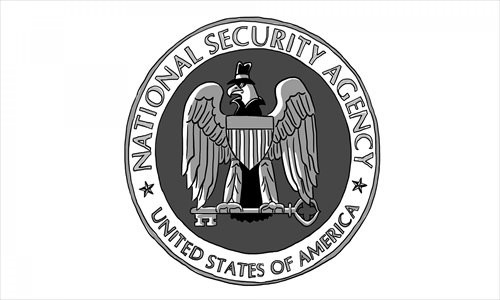Loopholes Exclude Intelligence Contractors Like Snowden From Whistleblower Protections

Due to carve-outs in federal law, U.S. whistle-blowers who work as contract employees for the intelligence community -- like confessed leaker Edward Snowden -- have virtually no protections.
There is a complex anatomy of whistle-blower protections depending on whether an employee works for an intelligence agency and whether he or she is a contractor or an employee of the government. But nowhere is the difference more stark than in the intelligence community, where contractors lack protections afforded to their government employee counterparts. Whistle-blower advocates actually fear that this lack of protections could lead to more leaks.
“I would say that there is a gaping loophole for intelligence community contractors,” said Angela Canterbury, director of public policy at the Project on Government Oversight. “The riskiest whistle-blowing that you can possibly do on the government is as an intelligence contractor.”
Snowden, who obtained classified documents on the government's surveillance projects while a contract employee at the National Security Agency in Hawaii and leaked them to the press, has broken the law with a disclosure of secret information that no government employee is allowed to make. But his case highlights the fact that employees in the national security sector are extremely limited in their ability to bring attention to wrongdoing. Had Snowden wanted to pursue legal channels to disclose government wrongdoing, his job would not have been protected.
Though whistle-blower advocates have actually won increased protections in recent months, intelligence contractors have repeatedly been left out. Intelligence workers are not covered by the Whistle-blower Protection Act. When Congress passed the Whistle-blower Protection Enhancement Act last fall, at the request of the U.S. House Intelligence Committee, the law’s protections didn’t apply to the intelligence community workers -- both contract and government employees. When Congress added whistle-blower protections specifically for contract employees to the National Defense Reauthorization Act of 2013, intelligence contractors were again excluded.
To fill the void, President Obama issued Public Policy Directive (PPD) 19 in October 2012 to extend protections to national security workers. However, his directive made no mention of contractors. Because PPD-19 was initially classified and is actually being implemented in secret, advocates are unsure how strong the protections for government intelligence workers actually are. The directive made no mention of contract workers specifically and Canterbury said she would be “actually shocked and astounded” if the directive were interpreted to apply to contractors.
In terms of Snowden's rights, he could have legally raised his concerns with either the office of the intelligence community inspector general or a congressional intelligence committee, but he would have had no protections against any form of retaliation, including losing his job and security clearance.
“The ramification [of excluding intelligence contractors] is that a whistle-blower in their right mind would make a public disclosure if they wanted [to bring attention] to wrongdoing because blowing the whistle internally would be very dangerous for their careers,” Canterbury said.
“In the case of Snowden, he calculated that his career was over in any case,” Canterbury added. “I’m sure that internal whistle-blowing was not high on the list of ways to get accountability to the issue.
© Copyright IBTimes 2024. All rights reserved.





















